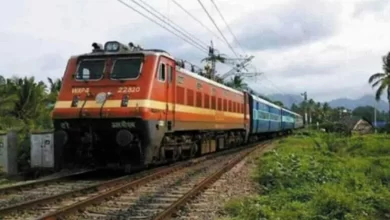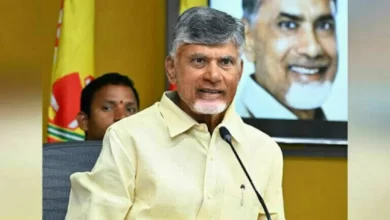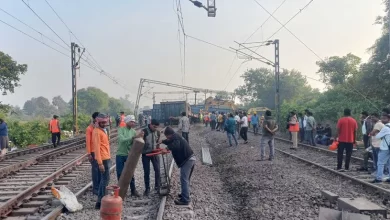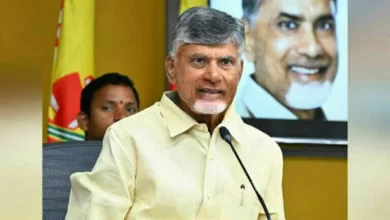BJP tactically successful in pushing Hindutva agenda in northeast
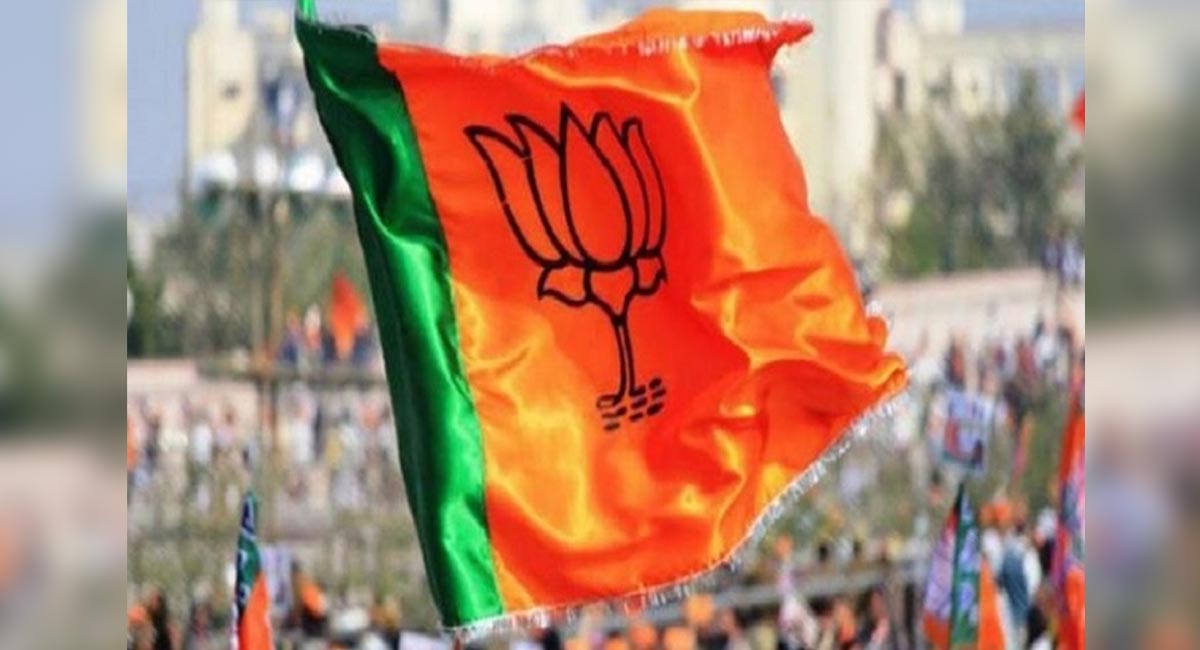
Guwahati/Agartala: The BJP, which is now ruling four of the eight northeastern states while its allies are governing the remaining four, has been tactically successful in spreading the Hindutva agenda in the region, inhabited by people belonging to diverse religions, according to experts and politicians.
The region comprises eight states and is home to 45.58 million people (2011 census). Tribals constitute for 28 per cent of the population.
Several decades before the BJP formed governments in Assam (2016), Arunachal Pradesh (2016) Manipur (2017), Tripura (2018), the Rashtriya Swayamsevak Sangh (RSS) had set foot in the northeast.
Many RSS Pracharaks now silently carry forward the Hindutva agenda across the ethnically diverse region.
In the name of various organisations, the RSS cadres have provided relief to the flood and disaster hit people, carried out numerous social services and conducted education and awareness related activities.
The Vishwa Hindu Parishad and Seva Bharati, both affiliated with the RSS, have been providing education directly and indirectly and are active in the tribal dominated areas, where they provide free health facilities and vocational training.
Political leaders, intellectuals, and analysts termed the BJP’s Hindutva agenda in the northeastern region as “election centric”.
Communist Party of India-Marxist central committee member and veteran tribal leader Jitendra Chaudhury said that the BJP’s Hindutva plan is “opportunistic and anarchist”.
“On various issues relating to religion and lifestyle of the people, the BJP has a different agenda in the northeastern region and other parts of the country” Chaudhury, also a former Tripura Minister, told IANS.
“The BJP’s anti-Muslim stand in the region destroyed the communal integrity of the region.”
Trinamool Congress’s Rajya Sabha member and Assam politician Sushmita Dev said that Indians believe and follow Swami Vivekananda’s Hindutva not Mohan Bhagwat’s Hindutva.
“The BJP with all seriousness has been trying to divide the country on religious lines. Religion is an individual choice, none should interfere on the matter,” Dev, a former President of the All India Women Congress, told IANS.
https://www.google.com/afs/ads?psid=5134551505&channel=AutoRsVariant&fexp=21404%2C17300953%2C17300954&client=pub-7119991287654999&r=m&sct=ID%3D34090cf81817a0f6%3AT%3D1655877379%3AS%3DALNI_MbS_FKa_fBZoV622H1HBSePZieQyA&sc_status=6&hl=en&cpp=5&type=3&rs_tt=c&oe=UTF-8&ie=UTF-8&format=r5&nocache=2311656157618796&num=0&output=afd_ads&domain_name=telanganatoday.com&v=3&bsl=10&pac=0&u_his=4&u_tz=240&dt=1656157618796&u_w=1366&u_h=768&biw=1226&bih=545&psw=1226&psh=6377&frm=0&uio=-&cont=autors-container-0&jsid=csa&jsv=35962&rurl=https%3A%2F%2Ftelanganatoday.com%2Fbjp-tactically-successful-in-pushing-hindutva-agenda-in-northeast&referer=https%3A%2F%2Ftelanganatoday.com%2Findia#master-1
Renowned writer and academician, Rameswar Bhattacharjee said that Indians for centuries have believed in religion which is good for the welfare of all but the BJP’s Hindutva agenda is election centric.
“Our ethos is inclusiveness, not divisive. Unity in diversity is India’s strength and such ideology can strengthen the society that exists in India,” Bhattacharjee told IANS.
Over six million Christians live in Mizoram, Nagaland, Meghalaya, there are a significant number of them in Manipur, Tripura, Assam, Arunachal Pradesh and Sikkim.
Among other states, Manipur (34 per cent) and Arunachal Pradesh (18.7 per cent) have a considerable percentage of Christian population to the total population of the two northeastern states.
According to the 2011 census, Muslims account for 34.22 per cent in Assam, while Hindus and other religions account for the rest of the state’s 3.12 crore total population.
Of the 126 seats in the Assam state Assembly, religious minorities decide the electoral fate in 23 seats, mostly in western and southern parts and play a crucial role in about seven more seats in different districts.
Nineteen districts in Assam have 12 per cent or more Muslim population, while it is over 50 per cent in six other districts.
Tripura has 6,032,39 (16.4 per cent) minorities comprising Muslims, Christians, Shikh, Buddhists and Jain.
Renowned Muslim intellectual and academician Mojahid Rahaman said that because India is a multi-religion and pluralistic nation, one religion cannot dominate.
“If any attempts were made to dominate the country with one religion it would severely affect the ethnic harmony and integrity of the country. Attempts should be made to keep India at the top in the world in terms of religious freedom and ethnic harmony,” he told IANS.


